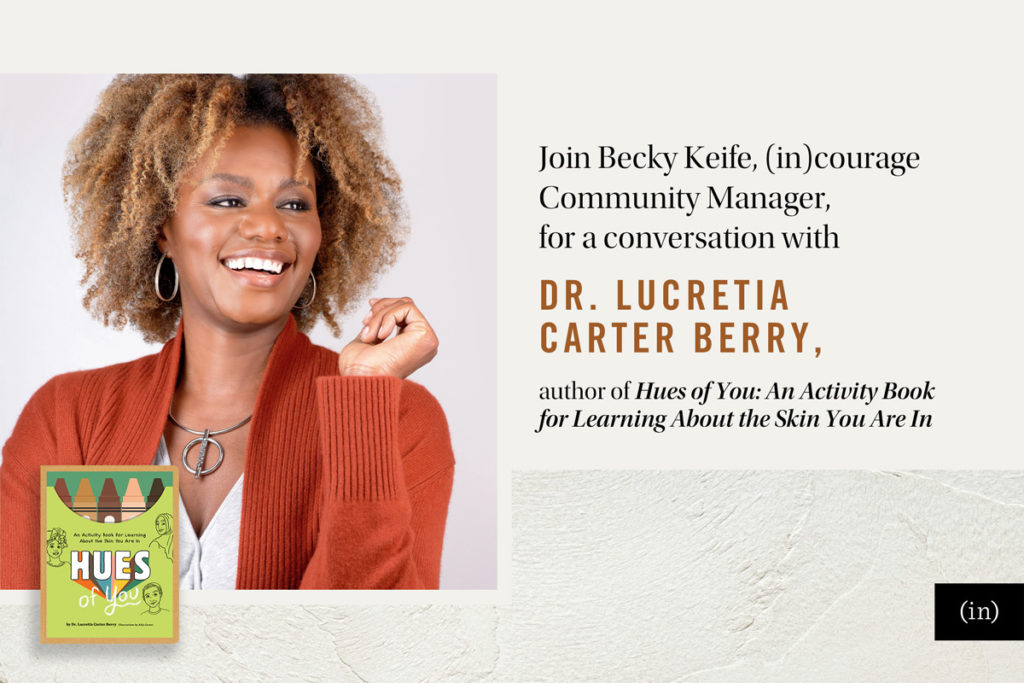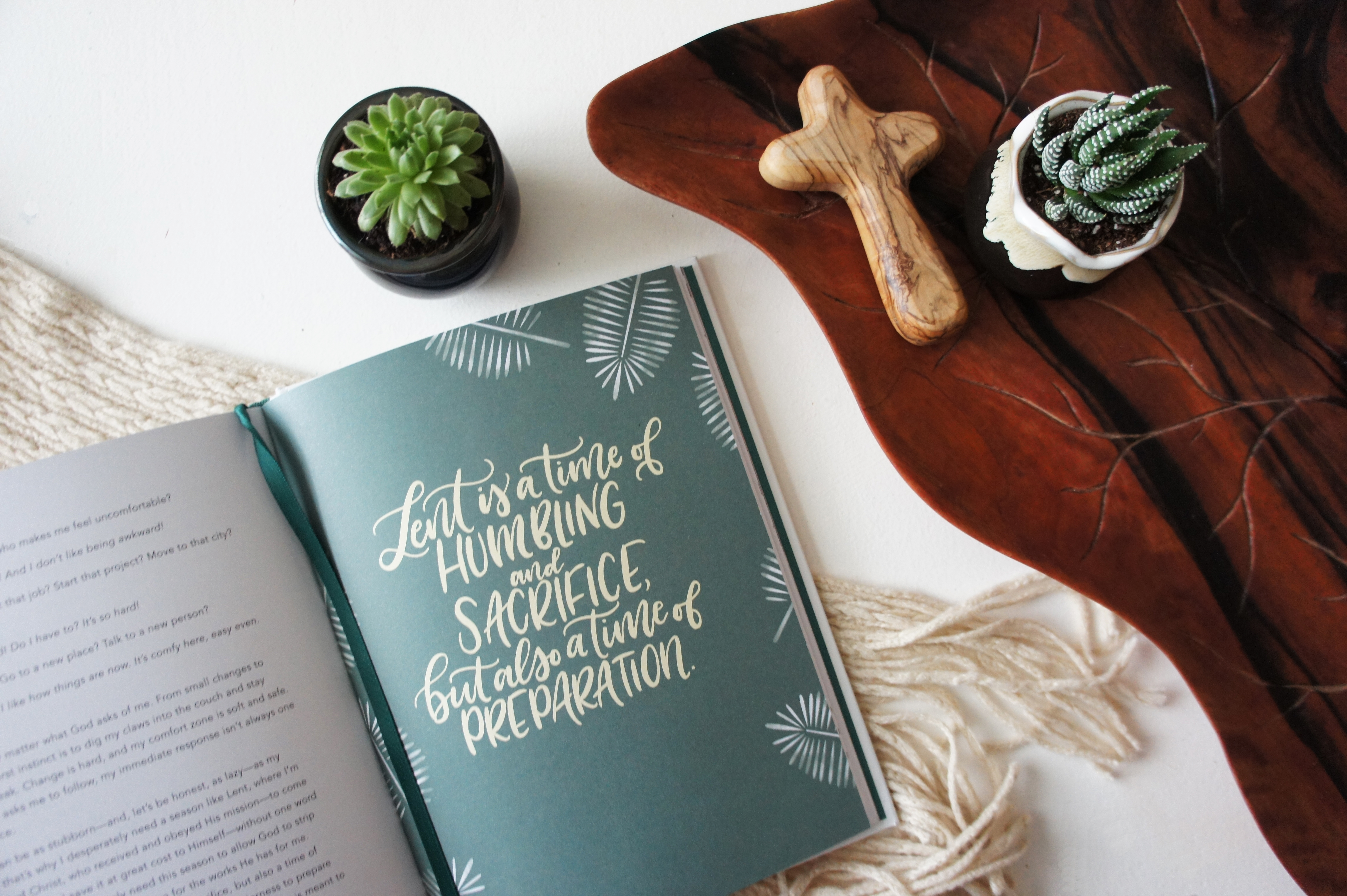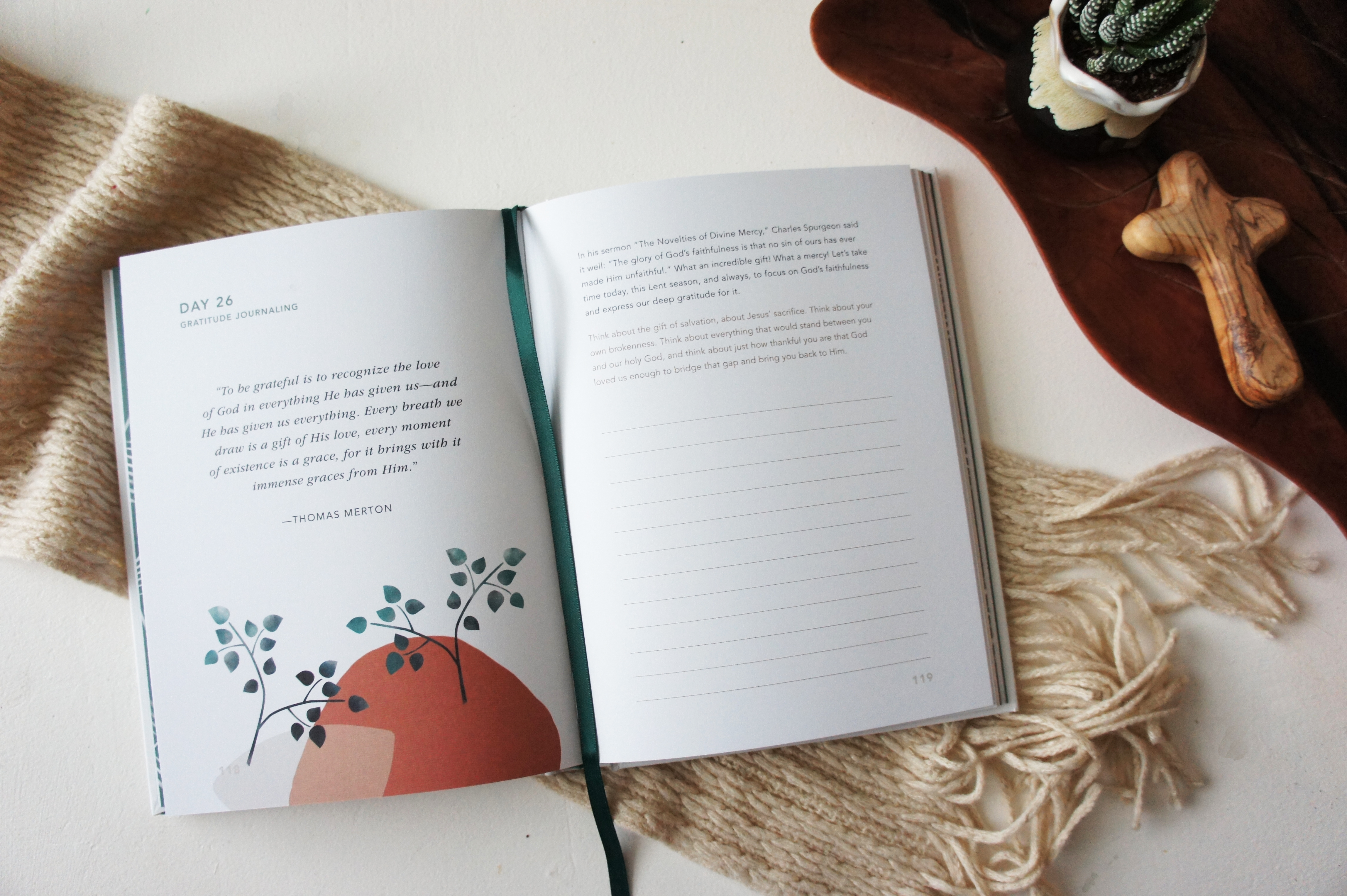I’m sitting across the table from someone I love, but in this moment, we do not agree with each other. My hands are curled into fists, and my heart is pounding so hard I wonder if they can hear it. This conversation has been coming for months. We’ve lined up dominoes of small conflicts, little misunderstandings, tiny judgments, and a recent event finally made them all come toppling down.
I feel angry and afraid, confused and hurt. Above all else, I want to defend myself. I want to prove I am a very good person. I am right, and they are wrong. All will be well if they will just listen to me and do what I say. There’s only one problem: Deep down in my soul, I know Jesus does not treat me this way.
I recently read the book Gentle and Lowly by Dane Ortlund. He points out, “In the four Gospel accounts given to us in Matthew, Mark, Luke, and John — eighty-nine chapters of biblical text — there’s only one place where Jesus tells us about his own heart.” What are the only two words Jesus ever uses to describe His heart? “Gentle and lowly” (Matthew 11:29).
The Jesus kind of gentleness is not weakness; it is strength under control. It’s the courage to choose compassion instead of condemnation. It’s not forcefulness but tenderness, not imposing our will but seeking intimacy with others, not pushy but patient. It is hard.
Lowliness is humility, the willingness to be curious, the art of not exalting ourselves or opinions but washing the feet of the undeserving. It is coming to even the hardest conversations not from a position of “knowing it all” but seeking to understand. It’s not demanding our way but choosing to serve. It is almost impossible.
Sitting at that table, I whisper my favorite one-word prayer, “Help.”
What comes to mind is asking a question that starts with this phrase, “Can you help me understand . . . ?” As I say it, I feel a shift in the room; the person I’m asking looks surprised. They answer slowly and with hesitation, unsure if I’m sincere or waiting to pounce.
I listen, nod, and when they’re done talking I ask, “What else?” We go on this way until they’ve said it all. Then I share my perspective too. I say what’s okay in our relationship going forward and what is not. I ask that we commit to working through things together, not letting them build up or venting our complaints to other people. It’s not an instant cure. Birds don’t sing or unicorns appear, but it feels like a start.
We’re in a world where we are all sitting across the table from someone we disagree with these days. Maybe it’s in your kitchen. Perhaps it’s on social media. It might be at church, at work, or at school. Our natural inclination as humans is to shout to make our voices heard, push our opinions, cross our arms instead of remembering we are people of the cross.
It’s both deeply challenging and comforting to me that our Jesus didn’t walk through the world this way. How can we love more like Him this week? Perhaps we can begin with a one-word prayer for help and asking two questions:
Can you help me understand?
What else?
Seven words total. They are not magic. They won’t instantly make all our anger or fear go away. They won’t solve every problem. We might need to say them through tears or gritted teeth. But they are a start. They are a way to reach across the table and dare to love a little more like our Savior, who is still gentle and lowly in heart.
What’s causing you stress? Whether it’s the conflict in our world, everyday struggles, or a personal crisis, you can find encouragement and help in Holley Gerth’s new devotional book What Your Soul Needs for Stressful Times: 60 Powerful Truths to Protect Your Peace.
Listen to Holley’s words below or on your fave podcast app!




